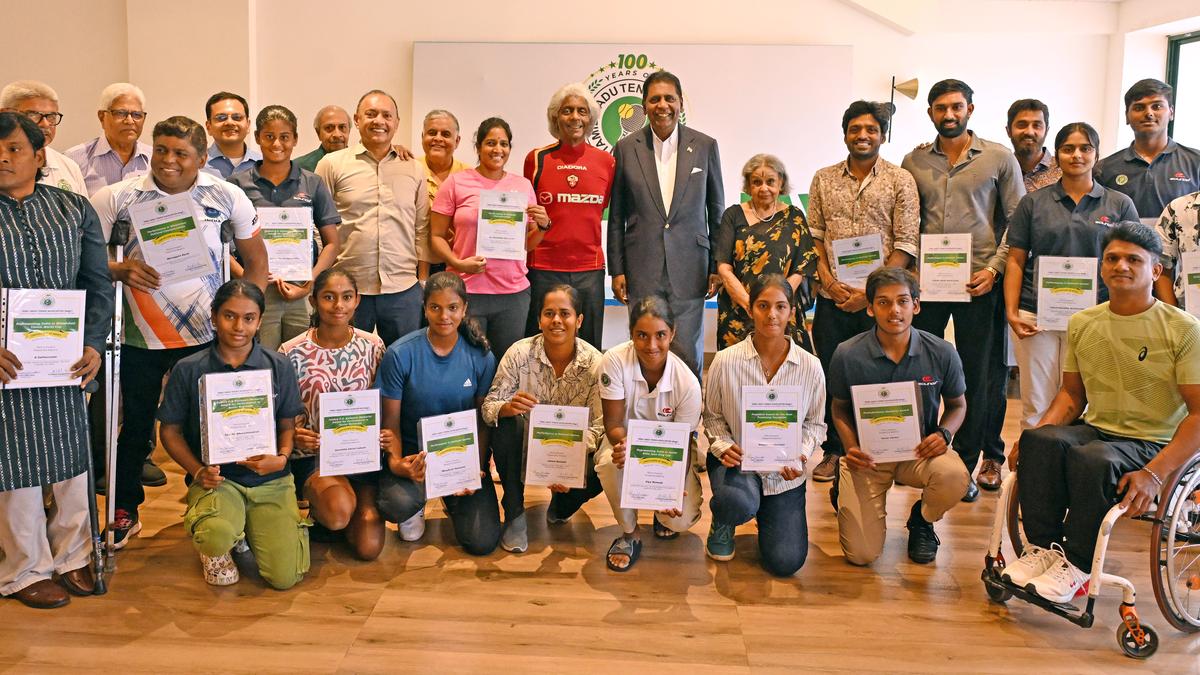In a move to promote climate-resilient rural development, the Centre for Climate Change and Disaster Management (CCCDM), Anna University, has developed a ‘Gender-Responsive Adaptation Planning Toolkit’ to carry out comprehensive climate risk assessment in the agriculture and water sectors.
This was piloted in Rajapalayam block of Virudhunagar district to analyse such vulnerabilities.
The project — Climate-Resilient and Gender-Inclusive Adaptation Planning at Local Level for Agriculture and Water in Rajapalayam Block — covered 36 gram panchayats for its comprehensive climate risk assessment.
Rajapalayam was chosen since the State government has embarked on an ambitious project of making the place ‘carbon neutral’ by 2040.
The study found that nine gram panchayats, including Samsigapuram, Thenkarai and S. Ramalingapuram, were facing very-high and high risk of climate change impacts. Among these, three villages —Cholapuram, Melarajakularaman and Gopalapuram — exhibited high gender vulnerability to climate change.
S. Kanmani, Director of CCCDM and Head of Department of Civil Engineering, Anna University, said the study focused on addressing the impacts of climate change on women, farmers, and marginalised groups. The assessment covered agriculture, water resources and socio-economic dimensions, and indicators such as exposure to climate-related disasters, groundwater stress, and adaptive capacity.
While villages such as Muthusamipuram faced impact of floods and human-wildlife conflict, some like Nallamanickempatti and Cholapuram were affected by drought. Of the various indicators, women who were mostly agricultural labourers in the three villages were found to lack in climate change awareness or adaptive skills. They also spent more time fetching water, said one of the project scientists involved in the study.
V. Jayasuriya, a farmer from Vadaku Venganallur, Rajapalayam, said climate extremities had affected mango cultivation in the village, leading to poor-quality yields for farmers. Solutions such as postponing paddy cultivation to reduce the impact of floods were discussed during stakeholders’ meetings. Crop calendars and resource mapping were also highlighted to cope with climate risks.
The initiative is supported by Deutsche Gesellschaft für Internationale Zusammenarbeit GmbH, a German Corporation for International Cooperation.
The project team — also guided by A. Ramachandran, emeritus professor, CCCDM, Anna University — has developed a user manual that could serve as decision support mechanism for policymakers.
Designed to assess gender-based vulnerability and integrate adaptation strategies, the toolkit is planned to be scaled up for implementation in other parts of the State.
Published – July 03, 2025 12:41 am IST


